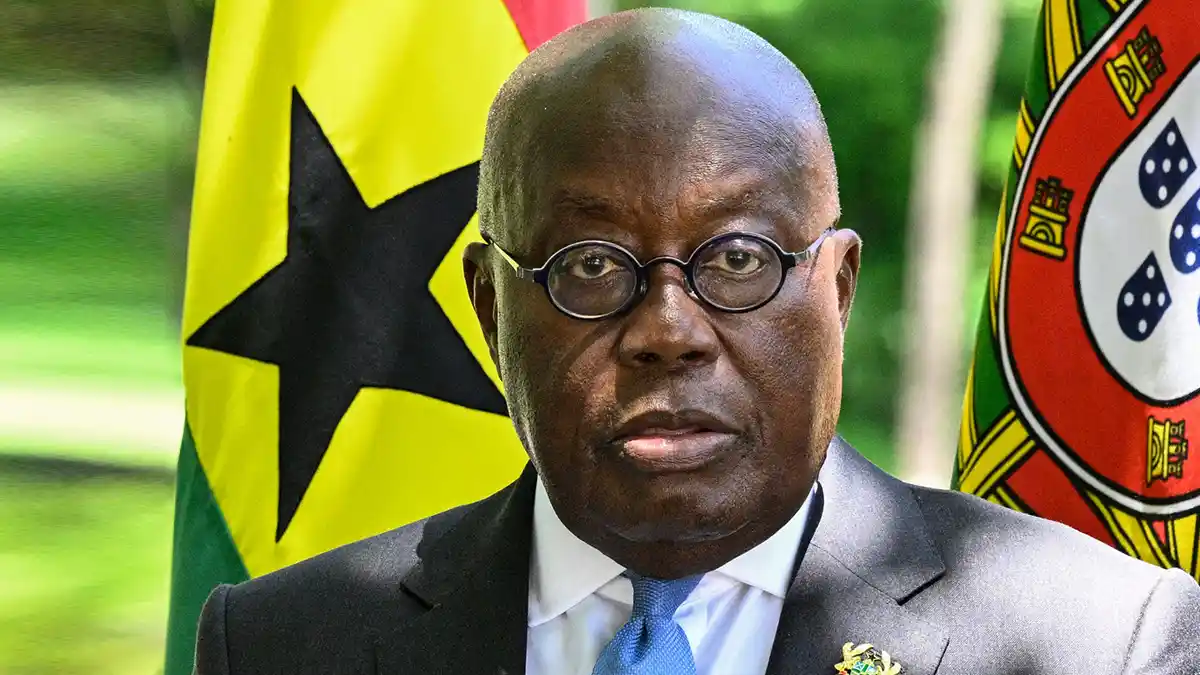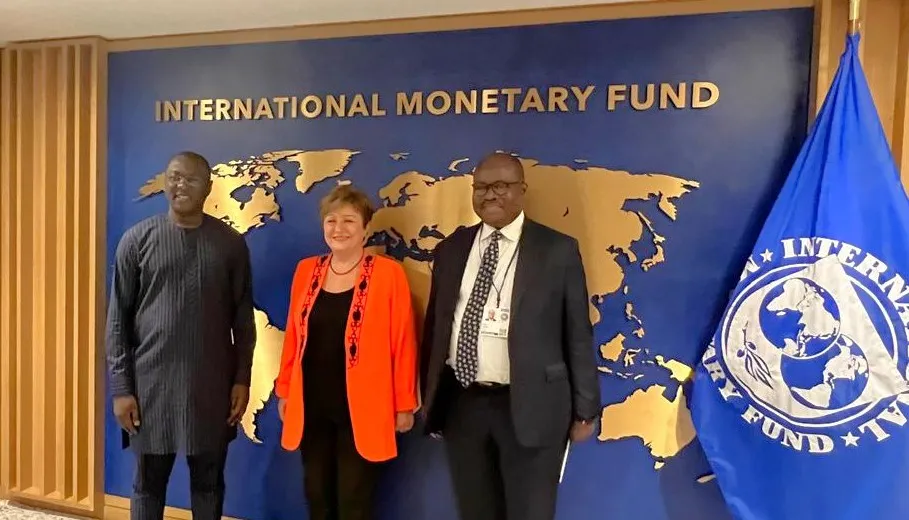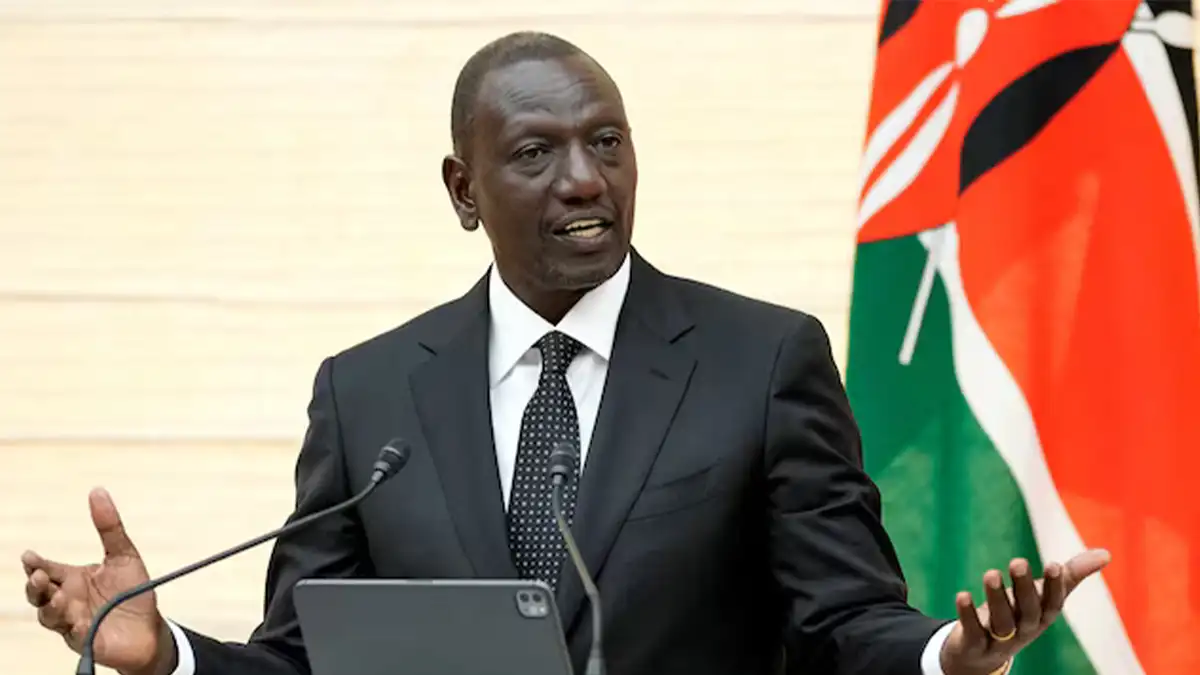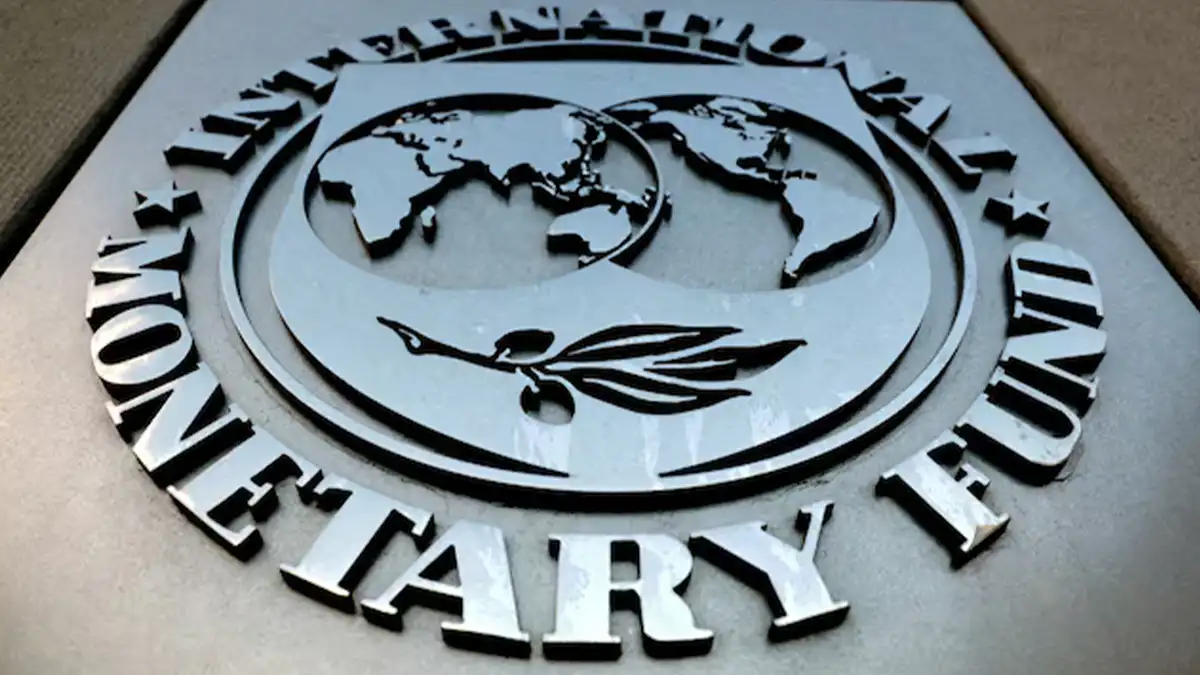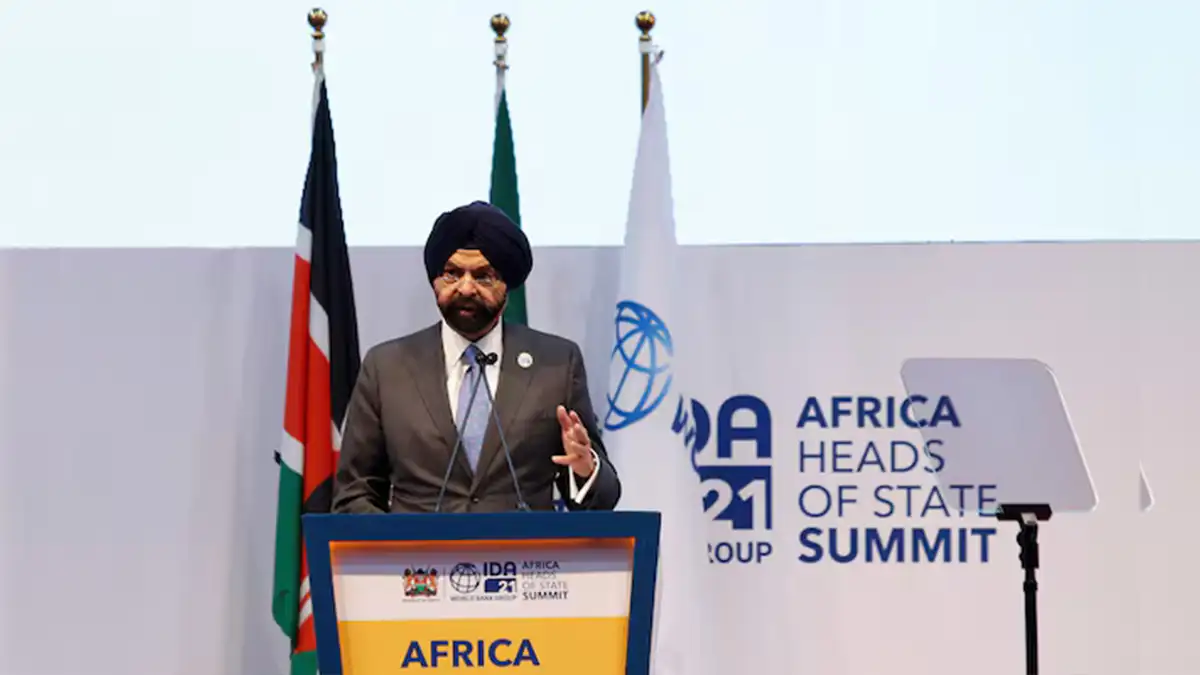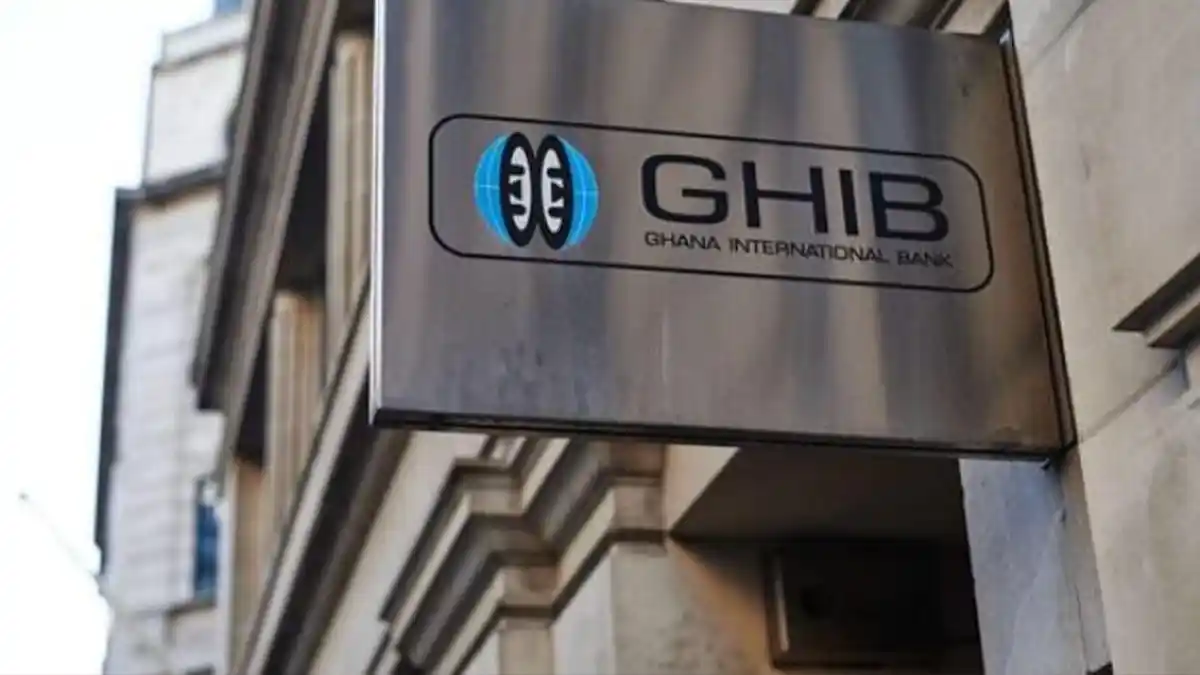The International Monetary Fund (IMF) has explicitly communicated to the Government of Ghana that it is prohibited from imposing or escalating import restrictions for balance of payments reasons.
This directive is a key condition embedded in the IMF bailout package, wherein the Fund has committed to supporting Ghana's balance of payments with $3 billion between 2023 and 2026.
The restriction on import measures is outlined on page 76 of the IMF program document, emphasizing that the government is bound by this agreement.
The stipulation includes four critical decisions that Ghana cannot undertake while still under the IMF program, aligning with performance criteria common to all Fund arrangements:
- No imposition or intensification of restrictions on making payments and transfers for current international transactions.
- No introduction or modification of multiple currency practices.
- No conclusion of bilateral payments agreements inconsistent with Article VIII of the IMF Articles of Arrangement.
- No imposition or intensification of import restrictions for balance of payments reasons.

These performance criteria will be under continuous monitoring by the Fund. The government's recent suspension of a decision to present a Legislative Instrument (L.I.) before parliament, aiming to restrict the importation of 22 listed products, aligns with this IMF directive.
The proposed restriction covered items such as rice, cement, fish, sugar, guts, bladders, and animal stomachs known as ‘yemuadie.'
The Trade Minister, K.T Hammond, championed the regulation, envisioning positive impacts on the Ghanaian cedi's appreciation and the growth of local industries.
Under the proposed regulation, individuals intending to import the specified products would have been required to obtain permission from the Trade Minister.
The Minority in Parliament urged President Akufo-Addo to withdraw the regulation, emphasizing concerns about its potential impact on trade and the economy.
Ghana's annual import bill, exceeding $10 billion, covers a diverse range of items, including essential commodities like palm oil, toilet roll, and toothpicks.
The Trade Minister highlighted the significant costs associated with importing ‘yemuadie,' estimating it at $164 million in imports for the state.

